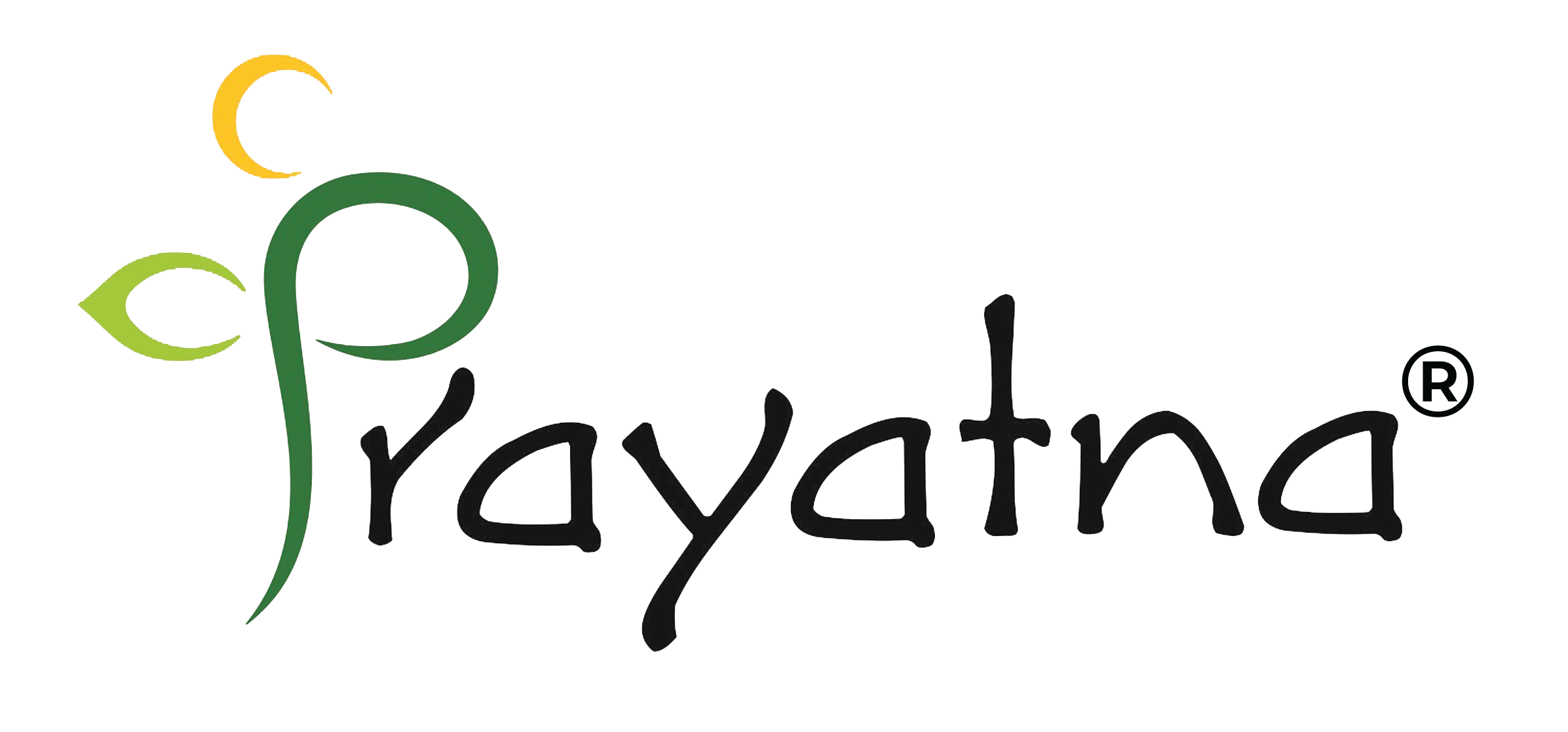Speech and Language Therapy
Speech Disorder and Language Disorder
 Speech refers to the sounds produced by our mouth. We produce sounds to express and communicate.
Speech refers to the sounds produced by our mouth. We produce sounds to express and communicate.
Speech disorder is referred to the inability to produce speech sounds correctly or fluently to be understood.
Language disorder refers to the disability or difficulty in understanding or putting ideas or feelings together to communicate (or express).
Speech and Language Therapy
- ability to understand language
- ability to use ideas to express
Speech Language Pathologist
Speech Therapists are concerned with...
Different major conditions attended by Speech Language pathologists are:
- Autism/other social interaction difficulties.
- Speech and Language delay.
- Specific language impairment.
- Difficulties in producing / articulating speech sounds.
- Cleft lip and palate.
- Stuttering/stammering and other dysfluencies.
- Voice disorders.
- Hearing impairment.
- Intellectual disability.
- Learning /reading difficulties.
- Attention deficit Disorders.
- Neurological communication disorders.
- Selective mutism.
- Genetic disorders and other syndromic conditions.
Speech and Language Therapists HELP your child by..
- Identifying developmental speech, language and communication difficulties/disorders.
- Assessment and treatment of swallowing and communication difficulties
- Planning, implementing and revising specific language / learning intervention.
- Modifying communication environments.
- Working with children on a one-on-one basis to deliver speech language communication therapy.
- Working with children in groups for enhancing social interaction, communication, following rules for conversations and play behaviour.
- Designing and implementing Alternative and augmentative communication (AAC) devices and methods for children who have little or no verbal ability.
- Monitoring and evaluating child's progress and modifying programs, if necessary, to ensure development.
- Advising care takers on implementing treatment programs and supporting.

Speech Therapy Programmes for Children
A speech language pathologist introduces fun-filled activities to strengthen the child in his/her areas of weakness. A child's therapy programme becomes successful with the total involvement of parents. Children learn skills faster with long-lasting results when parents closely follow the home programmes suggested by speech therapists.
A child develops communication in his/her early years. Speech delay in a child may be simple or may be the sign of a serious disorder. Any problem in speech, language or communication can have significant effects on a child's social and academic skills if not attended to without delay. As a responsible parent it is necessary to be encouraging and alert in his/her early years and do not hesitate to seek professional help if you have any concerns in your child's speech or communication skills.

